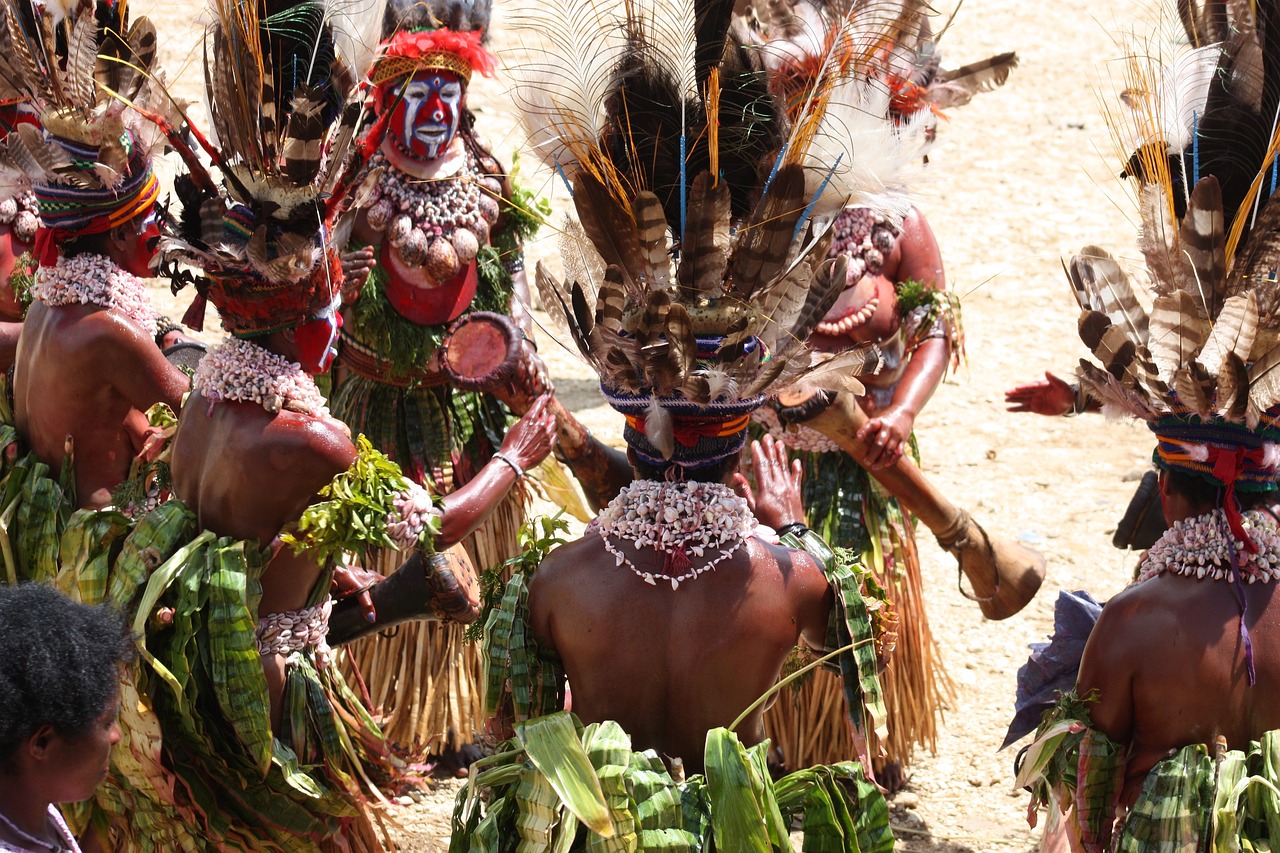Papua New Guinea Video
Learning Papua New Guinea Language: Quick Tips and Resources
Papua New Guinea is a culturally diverse country with over 800 languages spoken throughout its regions. If you are planning to visit or work in Papua New Guinea, learning the local language can greatly enhance your experience and interactions with the locals. In this article, we will provide you with quick tips and resources to help you learn the Papua New Guinea language.
Introduction to Papua New Guinea
Papua New Guinea is located in the southwestern Pacific Ocean, occupying the eastern half of the island of New Guinea and its offshore islands. It is known for its stunning landscapes, rich biodiversity, and diverse indigenous cultures. With its diverse linguistic heritage, learning the local languages in Papua New Guinea can open doors to deeper cultural understanding and meaningful connections.
Choosing a Language to Learn
With over 800 languages spoken in Papua New Guinea, choosing which language to learn can be a challenging task. However, there are a few widely spoken languages that can be a good starting point for beginners. Tok Pisin, also known as New Guinea Pidgin, is one of the most widely spoken languages and serves as a lingua franca in many parts of the country. English is also an official language and is widely understood, especially in urban areas and among the educated population.
Resources for Learning Papua New Guinea Languages
To begin your language learning journey, here are some resources that can help you get started:
- Language Learning Apps: Language learning apps such as Duolingo, Memrise, and Babbel offer courses for learning various languages, including Tok Pisin. These apps provide interactive lessons, vocabulary exercises, and pronunciation practice.
- Online Language Courses: Websites like Transparent Language and Mango Languages offer online courses specifically designed for learning Tok Pisin and other Papua New Guinea languages. These courses often include audio recordings and cultural insights.
- Language Exchange Programs: Joining language exchange programs, such as iTalki or Tandem, can connect you with native speakers of Papua New Guinea languages who are interested in language exchange. This allows you to practice conversational skills and receive feedback from native speakers.
- Local Language Schools: If you are planning to stay in Papua New Guinea for an extended period, consider enrolling in a local language school. These schools offer structured language courses taught by experienced instructors who can provide personalized guidance.
- Language Learning Books: There are several language learning books available that focus on Papua New Guinea languages. Look for books that provide comprehensive grammar explanations, vocabulary lists, and dialogues to practice your language skills.
Immerse Yourself in the Language
Once you have established a foundation in the language, immersing yourself in the local culture can greatly enhance your language learning experience. Here are a few tips for immersing yourself in the Papua New Guinea language:
- Practice with Native Speakers: Seek opportunities to practice your language skills with native speakers. Engage in conversations, ask for feedback, and actively listen to improve your pronunciation and fluency.
- Watch Local Films and TV Shows: Watching local films and TV shows can expose you to the language in a natural context. Pay attention to the dialogue, gestures, and cultural nuances portrayed in the media.
- Read Local Newspapers and Books: Reading local newspapers and books can help you expand your vocabulary and improve your reading comprehension. Look for materials that are written in the language you are learning.
- Participate in Cultural Events: Attend cultural events, festivals, and community gatherings to immerse yourself in the local culture. This will provide you with opportunities to practice your language skills and deepen your understanding of the traditions and customs.
Conclusion
Learning the Papua New Guinea language can be a rewarding experience that allows you to connect with the local communities on a deeper level. By utilizing language learning resources and immersing yourself in the culture, you can enhance your travel or work experience in Papua New Guinea.
References
– Transparent Language: www.transparent.com
– Mango Languages: www.mangolanguages.com
– iTalki: www.italki.com
– Tandem: www.tandem.net


